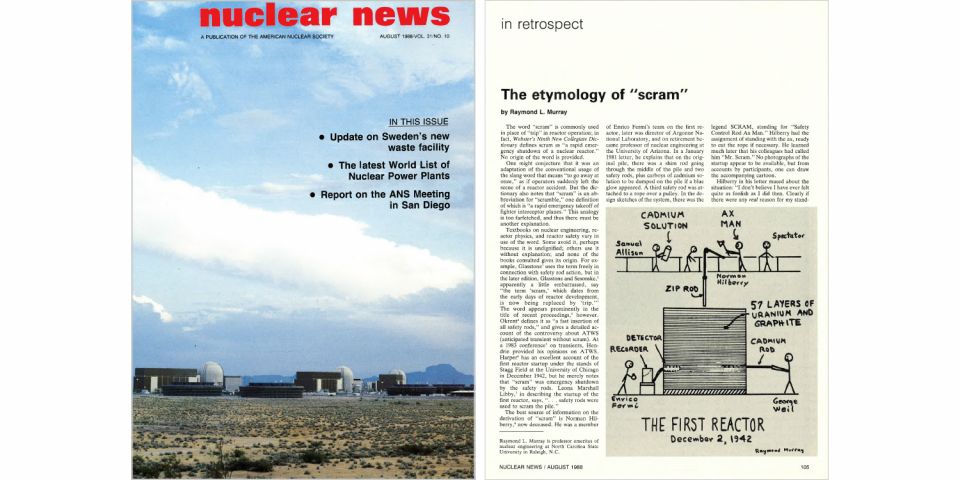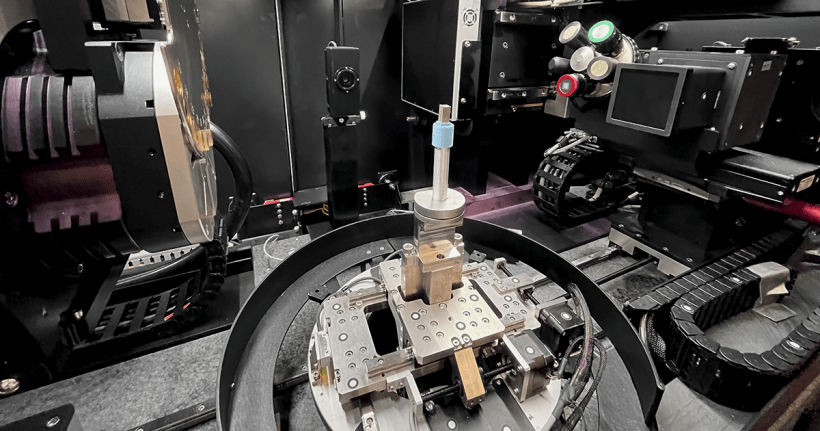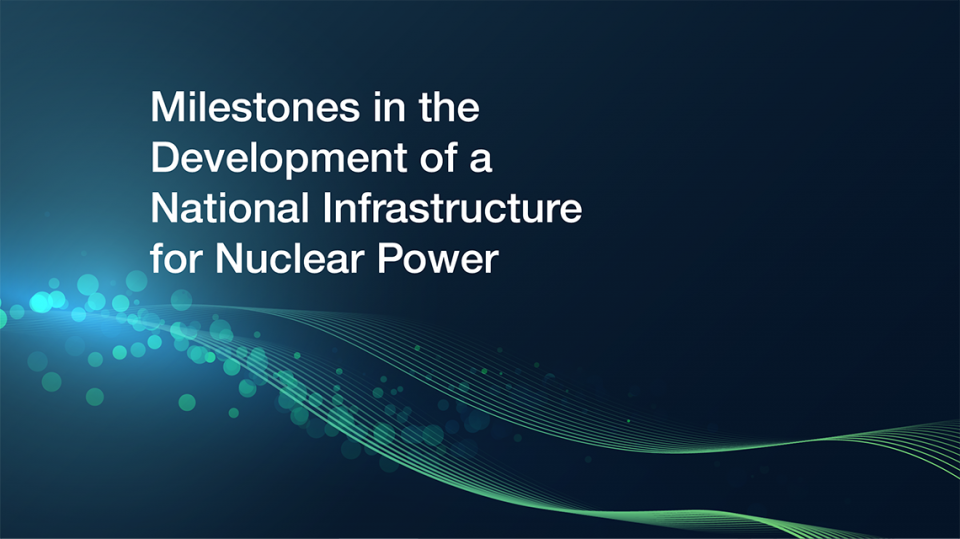Can chemical heat pumps for integrated energy systems and industrial applications change the world?
Nuclear energy is faced with a number of challenges in a changing energy landscape, driven by the need to reduce carbon emissions to mitigate climate change. Renewable energy technologies are being considered as the solution to climate change and are increasingly being deployed across the world. However, renewable energy sources, particularly solar and wind, are highly variable, and deployment of these technologies has resulted in significant perturbances in the energy market, raising questions about grid stability and the adaptability of other sources to compete in a changing marketplace that prioritizes renewables. Nuclear plants, well suited for baseload operation, have demonstrated technical capability and flexibility to respond to the fluctuating demand; however, they have also discovered that the economics of such operating mode are not necessarily optimal to their financial security. On the other hand, despite contributing to the carbon emissions, the low cost of abundantly available natural gas and resultant low-cost electricity have exacerbated the economic pressure on nuclear technologies, raising questions about their survival and role in future energy systems1.








